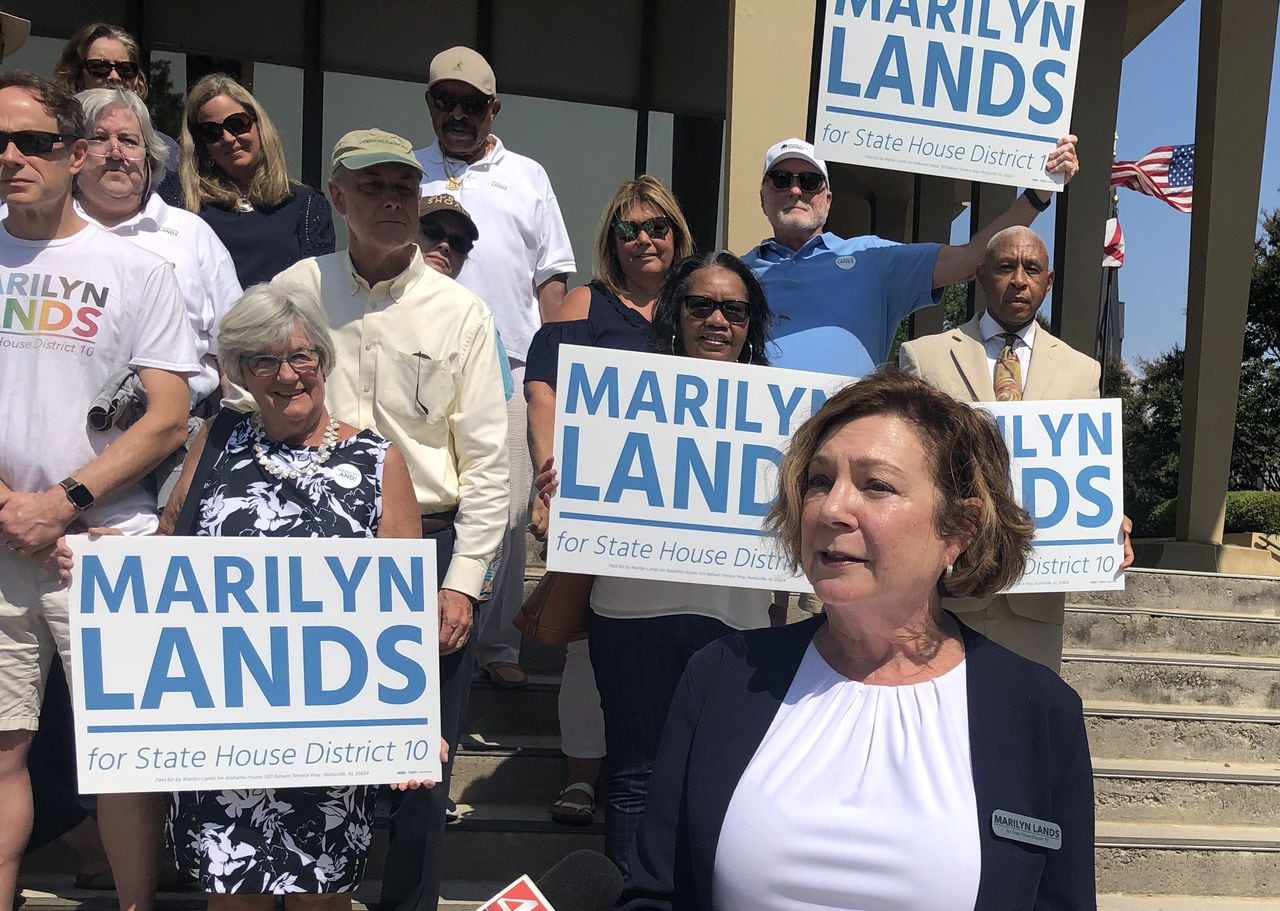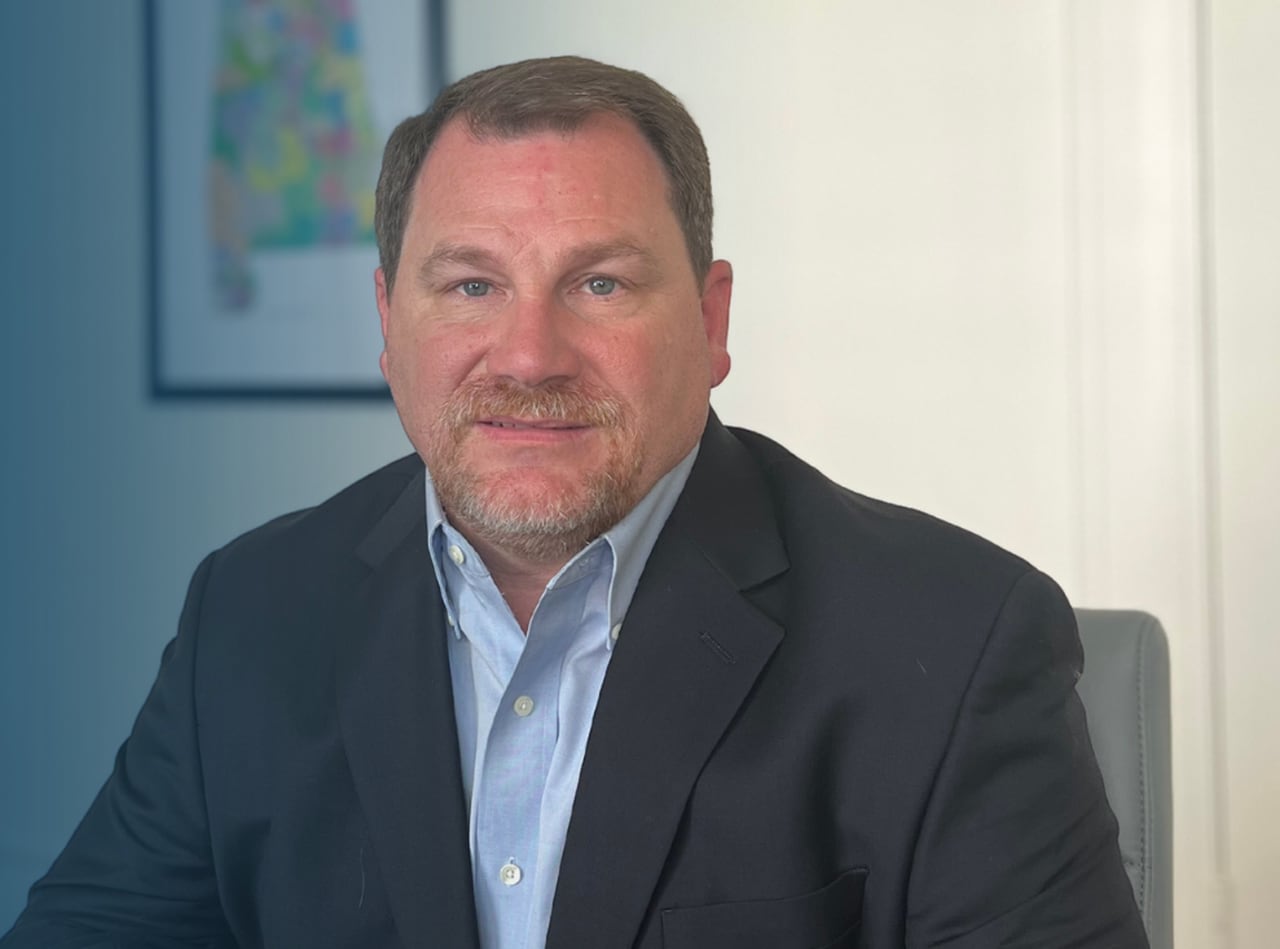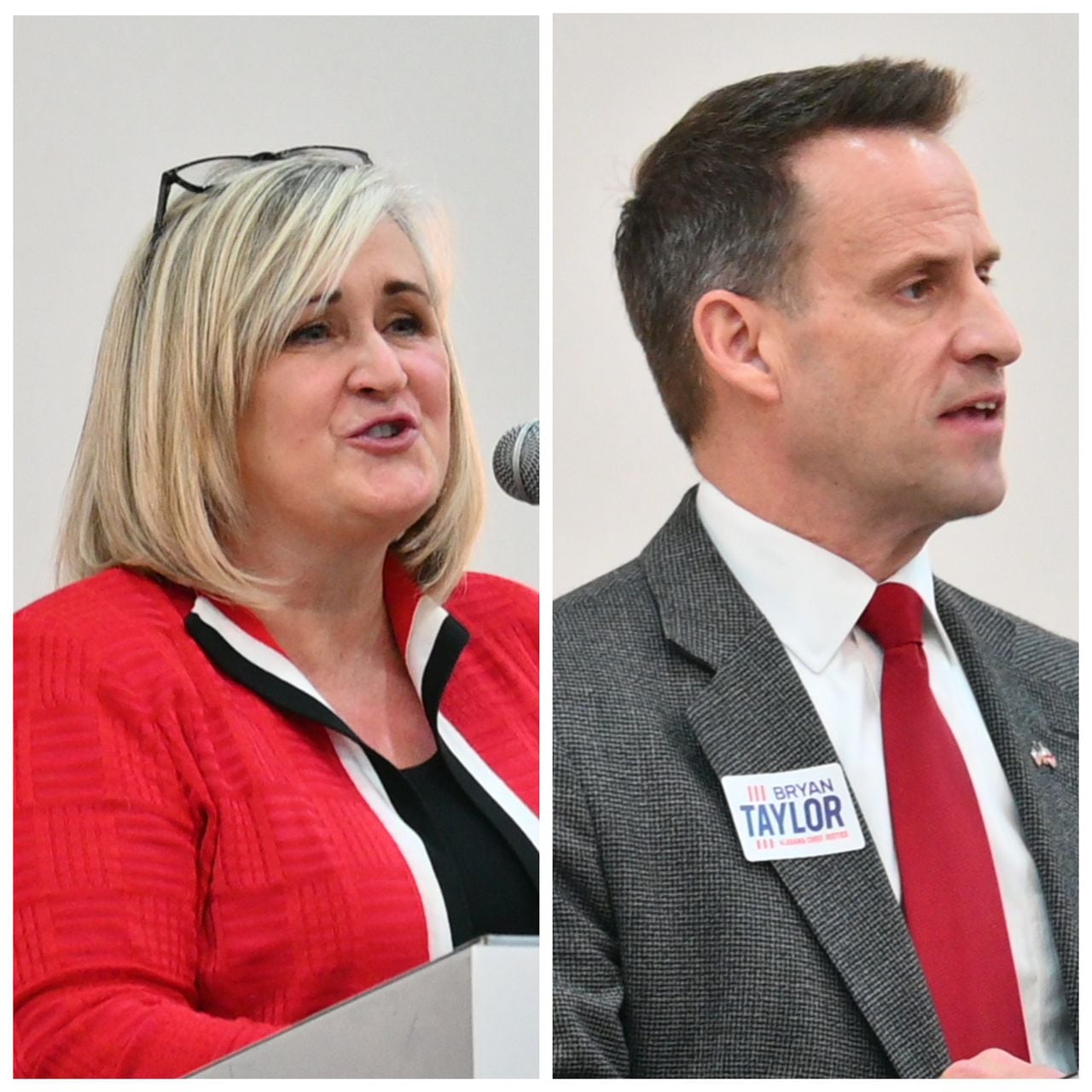How Alabama’s IVF ruling affects upcoming political races in the ruby red state
Abortion rights politics are creating plenty of headaches for national Republicans following the controversial Alabama State Supreme Court ruling that embryos created through in vitro fertilization could be considered children under state law.
But it’s also already having an impact in a few political races in Alabama, a ruby red state where voters overwhelmingly send Republicans to statewide office, including the entire Supreme Court.
It could also loom large over some tight races ahead of the General Election, specifically the Alabama 2nd congressional district race that Democrats are looking to flip.
The political fallout nationwide stems from Chief Justice Tom Parker quoting the Bible in a concurring opinion, arguing it’s up to the Legislature to decide how to address the IVF industry in Alabama.
“The Chief Justice is talking about the wrath of God (in the IVF ruling),” said Mary Zeigler, a professor at the University of California-Davis School of Law, and an expert on the politics of reproduction. “It won’t do favors for Republicans going into the 2024 general elections. This is not something Republicans in competitive races are happy about, even competitive races in Alabama. There is more than one kind of Republican in Alabama.”
National polling suggest abortion politics are problematic for Republicans following the June 2022 ruling by the U.S. Supreme Court to undo abortion protections under Roe v. Wade. Democrats view abortion politics as its top-tier issue, especially after voters in several right-leaning states like Kansas, Kentucky and Ohio voted to affirm abortion access or turned back attempts to undermine the right.
“The Alabama decision intensifies the Republican Party’s challenge to articulate a consistent, appealing position on abortion access,” said Gregory Koger, a political science professor at the University of Miami who analyzes abortion politics. “It illustrates that the ‘pro-life’ position, in its most extreme forms, can interfere with the ability of parents to bring the children they want into the world.”
Chief Justice race
The Republican candidates for Alabama State Supreme Court Chief Justice – Associate Justice Sarah Stewart (left) and attorney Bryan Taylor (right)John Sharp/[email protected]
Two contests could shape up quickly on the decision, the first being a primary race next week to replace Parker who is barred from running again because of a provision in Alabama law that prevents anyone over age 70 from being a judge.
One of the candidates in the March 5 Republican primary is Sarah Stewart, an associate justice on the Alabama State Supreme Court who joined the majority in supporting the controversial IVF ruling. She isn’t providing public statements on the decision and did not write an opinion when the ruling was rendered.
She did concur with associate justice Greg Shaw’s opinion, who supports Alabama law that the term “minor child” includes an unborn child with no distinction between in vitro or in utero. He, like other justices, suggests if there is an inconsistency in state law, it needs to be handled by the Legislature.
Bryan Taylor, a former state senator and legal counsel for Governors Bob Riley and Kay Ivey, said Stewart “as a member of the Court, who ruled against the IVF clinic” in the Supreme Court case, “could have written an opinion in this case, like other members of the Court did.”
Stewart, who holds a considerable financial advantage over Taylor, hasn’t addressed her opponent’s criticism and her past rulings on the bench while on the campaign trail.
At a GOP forum in Mobile in January, Stewart told Republicans that “the No. 1 most important thing to me is my relationship with God and Jesus Christ.” Her campaign ads vow she will be “tough on crime” and combat “woke liberals.”
“At the judicial branch, all we have is the trust of the people,” Stewart told Republicans in Mobile. “If you cannot trust that the outcomes are derived fairly and justly from the rule of law, then we don’t have justice in Alabama. You can expect from me that I’ll work hard every day to restore our trust from our branch of government.”
Taylor said he anticipates “swift” action by the Alabama Legislature to allow IVF treatments in Alabama, something which appears to be happening after Republican state Sen. Tim Melson of Florence said he plans to introduce legislation saying embryos must be planted in the uterus to be considered viable, and to protect the IVF industry in Alabama.
State Rep. Anthony Daniels, D-Huntsville, introduced similar legislation under HB225, which defines any human embryo outside the uterus as an unborn child under Alabama law.
Looming over those bills is former President Donald Trump’s influence. The ex-president, for the first time, requested the Alabama Legislature act on an issue, saying that state lawmakers should prioritize legislation to preserve IVF facilities within the state.
Three facilities in Alabama have said they plan to discontinue IVF treatment in Alabama following the high court’s ruling, thrusting the entire industry into chaos.
The ruling came in a wrongful death lawsuit brought by couples whose frozen embryos were destroyed in an accident at an Infirmary Health clinic in Mobile. The court agreed with the couples that embryos were protected under Alabama’s Wrongful Death of a Minor Act.
“Everyone in this case, including the defendant IVF clinic, agreed that embryos were human beings whose lives began at fertilization,” Taylor said. “The only disagreement here was whether IVF clinics could be sued and held liable for the tragic, unintentional loss of those embryos under a specific Alabama statute.”
Taylor said he, as a “pro-life conservative,” believes the state can “uphold the sanctity of life without “subjecting IVF clinics to lawsuit abuse.”
Special House election

Democrat Marilyn Lands announced her candidacy for Alabama House District 10 outside the Madison County Courthouse on Sept. 12, 2023. (Paul Gattis | [email protected])
The first general election in which the IVF ruling could be a looming issue in Alabama is in the March 26 special election in the Alabama House District 10 race to replace former Republican Rep. David Cole of Huntsville, who was removed from office after pleading guilty last year to voter fraud.
Democratic hopeful Marilyn Lands has elevated the health care and reproductive health as a top issue for her campaign platform, highlighted with a social media video last week in which she discusses her own emergency abortion situation.
“It’s the story of millions of women who live in places where MAGA extremists are devising new and cruel ways to further erode our most basic freedoms,” Lands says in the video, retweeted last week by former Democratic U.S. Sen. Doug Jones.
Lands, who lost to Cole in 2022, is running in a district considered one of the very few competitive legislative districts in the state. It includes portions of Madison, south and southwest portions of Huntsville, Triana, and encompasses Redstone Arsenal and the Huntsville International Airport.
“I have had a lot of people reach out to me and a lot of women have shared their stories of heartbreaking diagnosis,” Lands said about the video. “In the last couple of days, I’ve heard from families not affected so much by the IVF ruling, but they had in vitro and shared their stories with me and their stories about building their families in the future.”
Lands said she was unaware of how her Republican opponent — Madison City Councilman Teddy Powell – views the issue. But she said the Supreme Court’s ruling illustrates “the danger of our supermajority Republican” stature.
“We’re having very powerful reactions to our ad with this alarming IVF ruling,” Lands said. “I thought it was as bad as it could get here. I didn’t know it could get any worse. (The Supreme Court’s ruling) undermines family freedom.”

Teddy Powell, a member of the Madison city council, announced his candidacy for Alabama state House District 10 seat on Oct. 4, 2023. (Submitted photo)
Powell, in an email to AL.com, said he believes every family in Alabama should have access to IVF treatments.
“Supporting families and making Madison County the best place to live is and has been my message from the start and that will never change,” he said. “I hope the Legislature acts quickly to correct this issue in the law. IVF allows women to become mothers and couples to become families. Protecting the sanctity of life while supporting women’s access to IVF treatments go hand in hand.”
Powell said he supports a woman’s access to fertility-related treatments.
“I will always support a couple’s journey to become a family and be a compassionate, respectful, and supportive champion for families in District 10 and across Alabama,” he said.
Jess Brown, a retired political science professor at Athens State University, said the House 10 seat has kept a low profile ahead of the special election. He said the seat leans Republican, and that Powell appears to be a stronger candidate than Cole. He said that Lands nearly won the seat because of her strong appeal and deep roots within the district.
“Maybe it leans Republican, but it’s a district with young voters, relatively affluent votes, and well-educated voters,” said Brown, a longtime observer of Alabama state politics.
He said if the Legislature acts and pushes through a bill defining an embryo in state law, the issue could become moot before the special election.
But if not? It could be an advantage for Lands.
“Republicans want to talk about immigration and Biden,” Brown said. “They do not want to talk about abortion. So, this gives a little bit of evidence that Republicans will take extreme positions on abortion if you empower them.”
